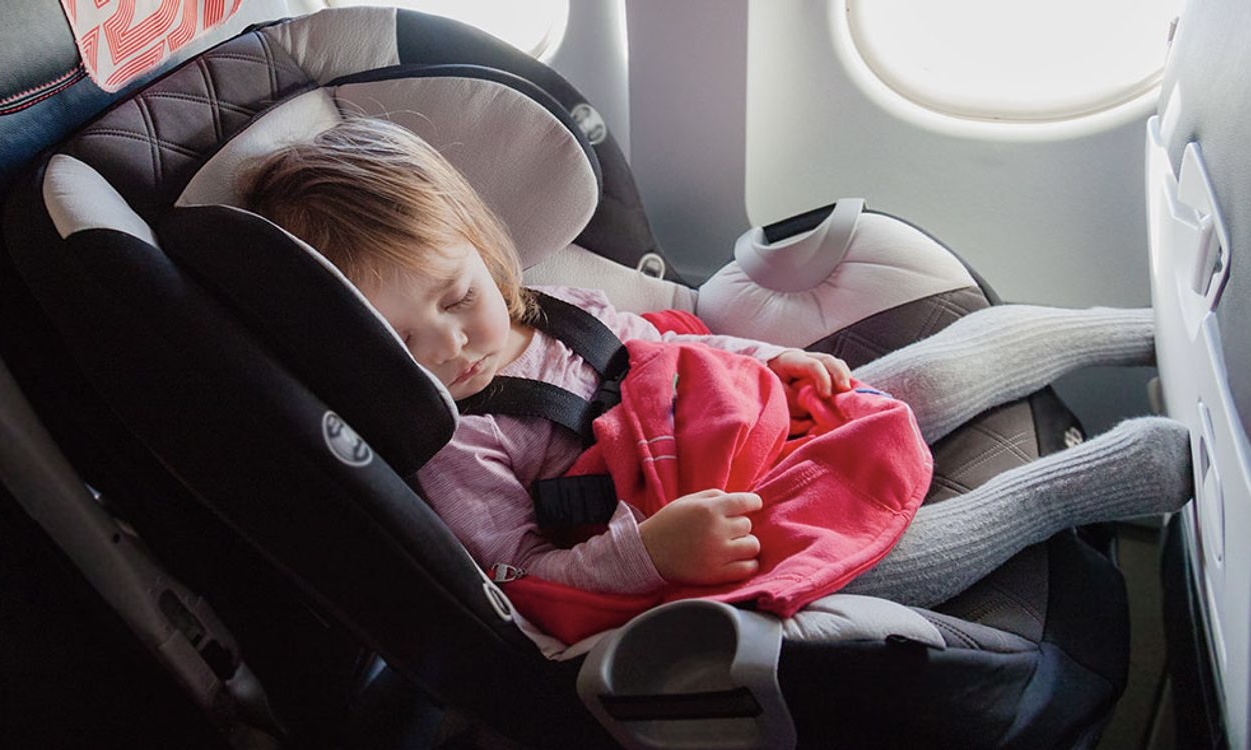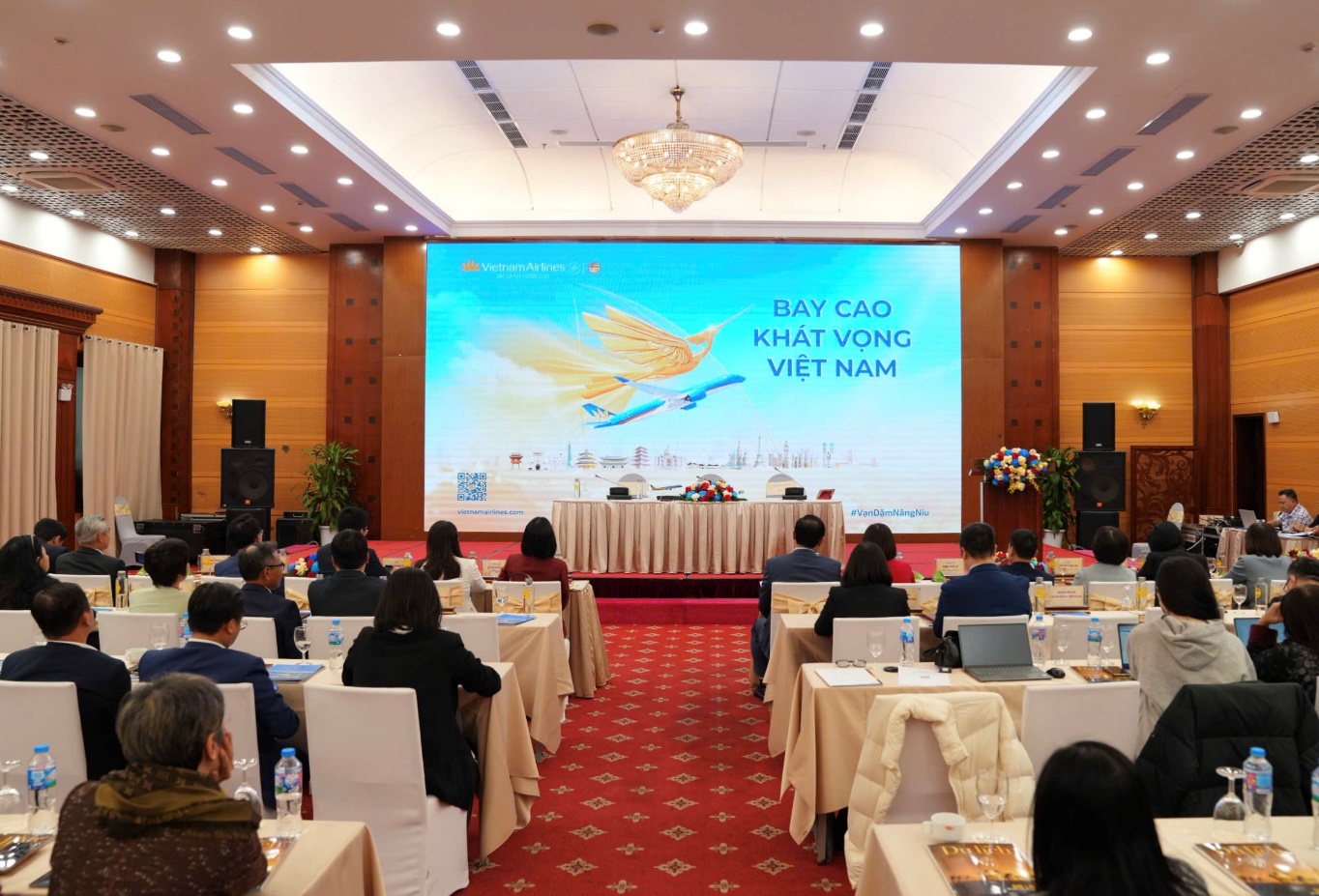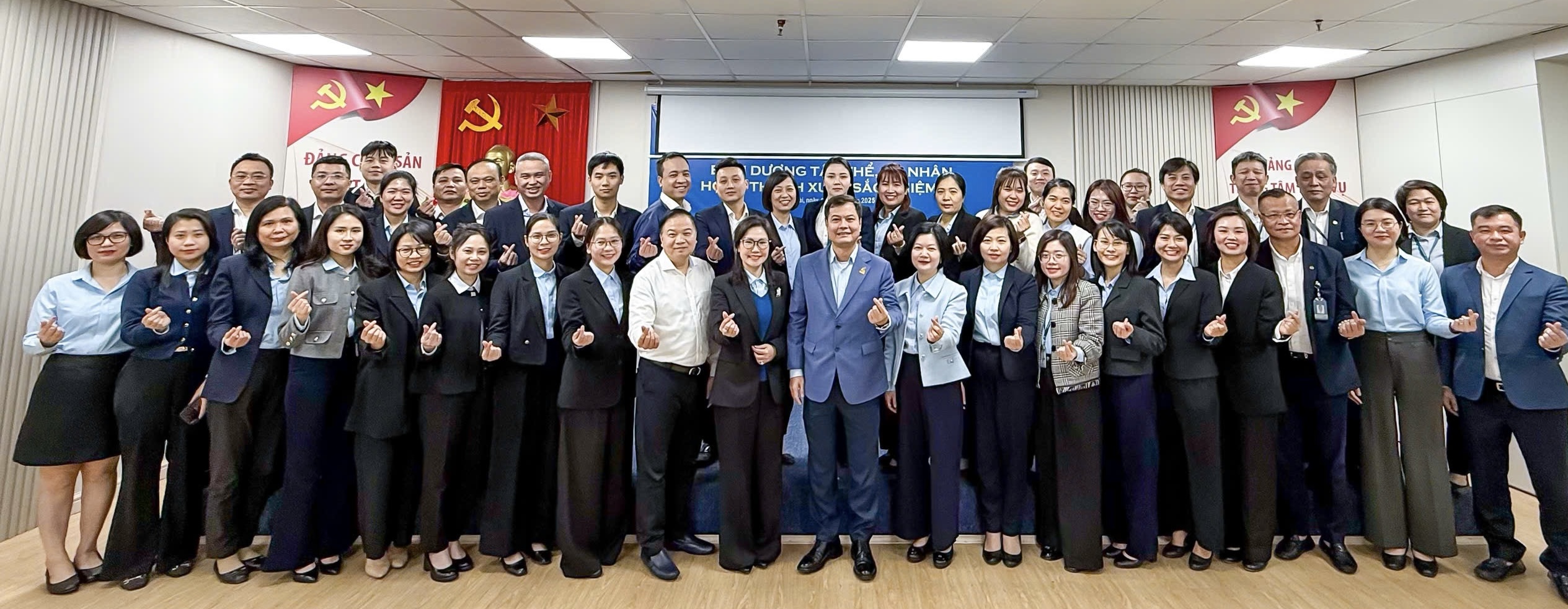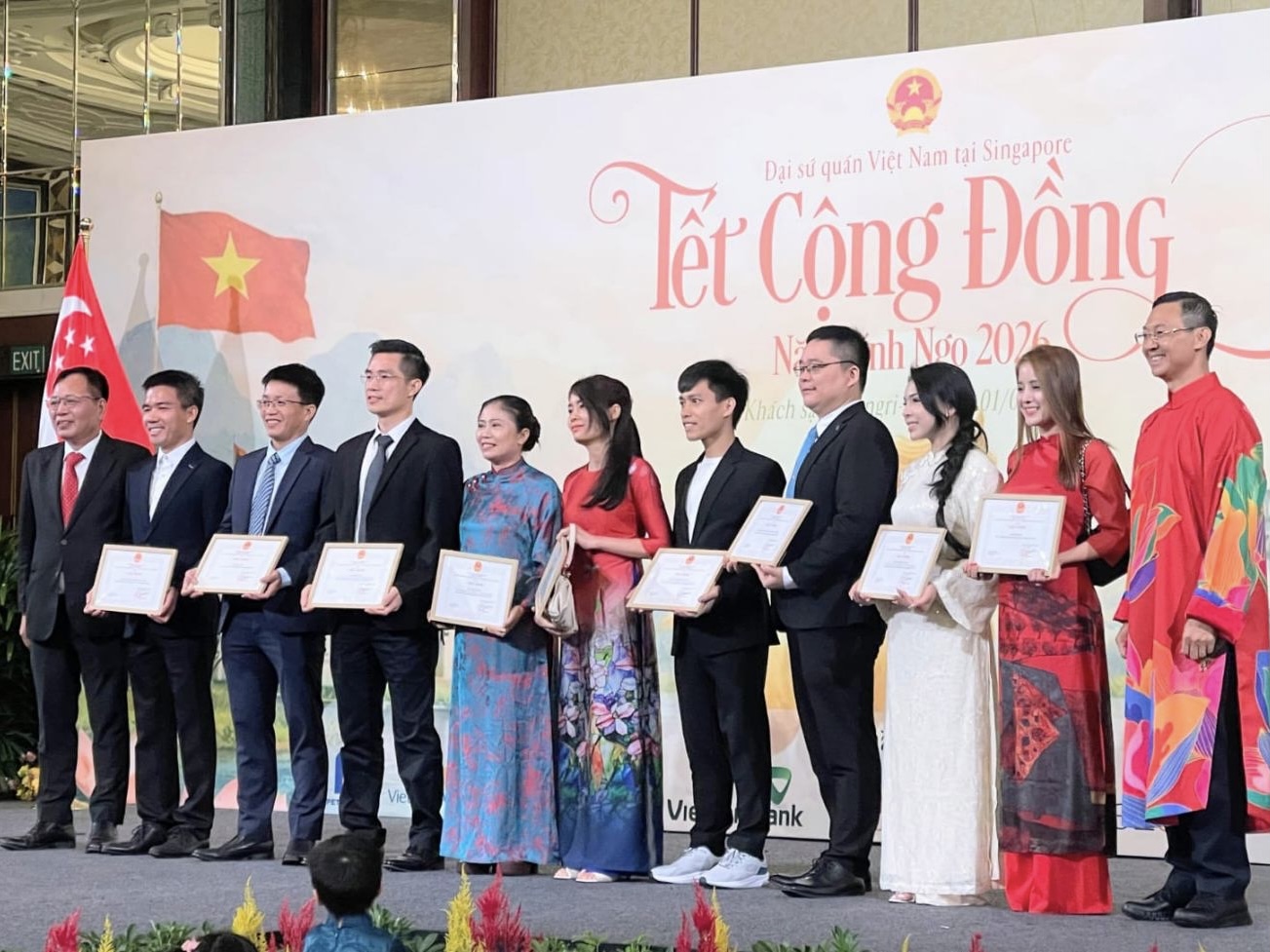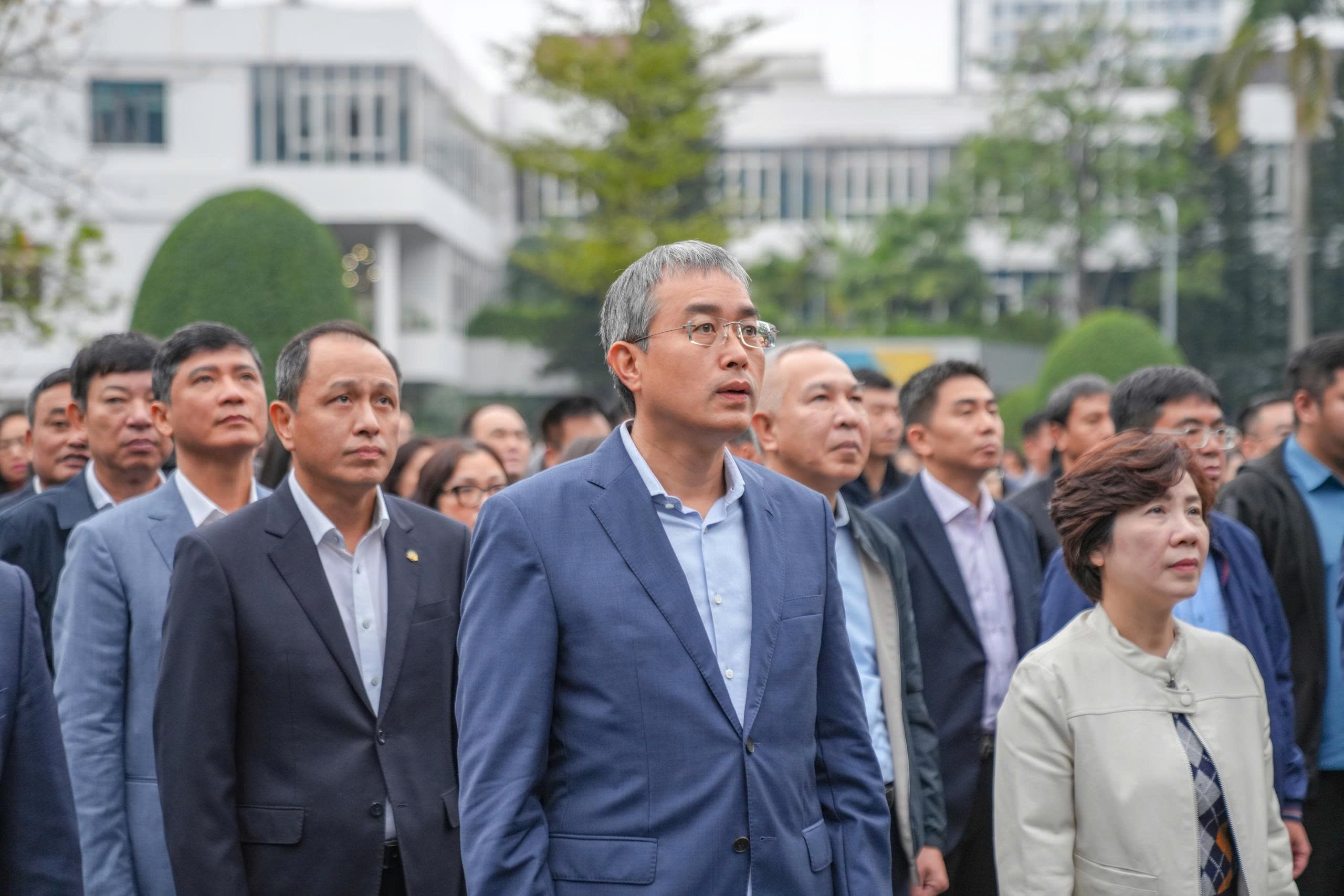But growing up in Japan, where female pilots were largely unheard of, it was a dream that meant reaching for the sky.
"The wall was high," she tells CNN Travel. "The Self Defense Forces weren't recruiting women because there were no female pilots back then. I realized, all of a sudden, that the route to becoming a pilot was unexpectedly narrow."
To make matters worse, Fuji was also too small to qualify for the country's Civil Aviation College.
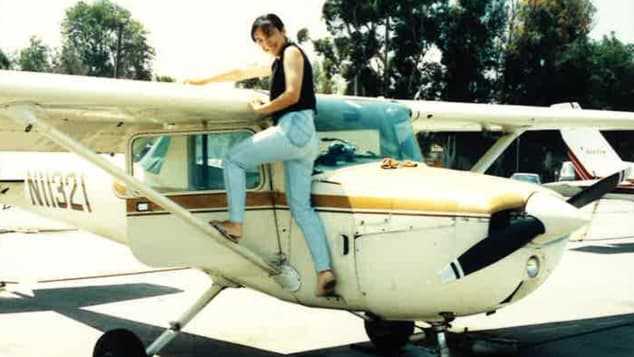
Ari Fuji realized she wanted to become a pilot when she was young.
She didn't give up. Instead, she looked overseas for opportunities, eventually heading to the United States to get her pilot's license.
"I didn't feel like my path was closed," Fuji explains. "I just had a casual feeling like, 'I can go abroad if Japan is not the right place.'"
After obtaining her pilot's license in the United States, she returned to Japan to try her hand at becoming a commercial airline pilot — but was met with negativity.
"There were many men who told me it's impossible to become a pilot in Japan — especially a commercial airline pilot. I never asked them why but I think they were saying 'no way' just because there were no women at that moment."
Breaking down barriers
Fuji eventually made her way into the trainee program at JAL Express — a subsidiary of Japan Airlines. That opportunity paved the way for her to make history. In 2010, she became Japan's first female commercial airline captain.
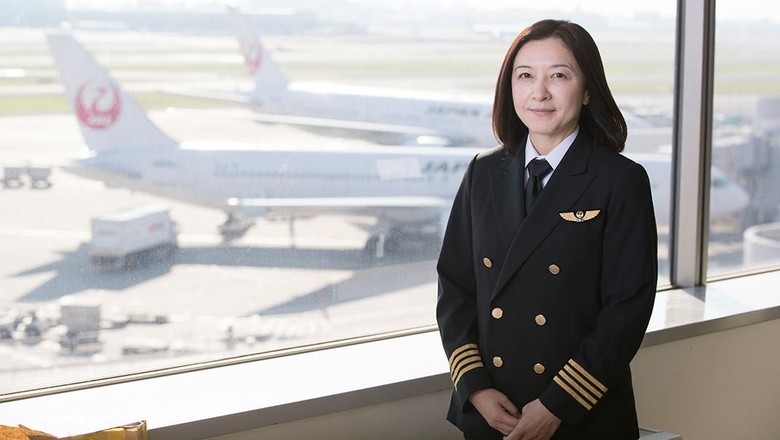
Disregarding the naysayers, Fuji went on to become Japan's first female commercial airline captain.
Despite the achievement, donning the captain's four stripes put her under a lot of pressure.
"Every time before training, I would say in the mirror: 'I am the captain,'" Fuji recalls.
"On the outside, I felt I could never show weakness. The last thing I wanted to hear from people if I failed was that it is still too hard out there for women."
With the new role came changes for Fuji and the people around her.
"People, especially older pilots, weren't used to a female captain and had little idea of how to interact with me," says Fuji.
"When I got married, a year after becoming a co-pilot, another pilot said to me, 'You've become a pilot, your dream job, and got married. Why don't you quit now?' I was like, 'what?!' I guess he thought that as a woman, I was just doing this as a hobby."
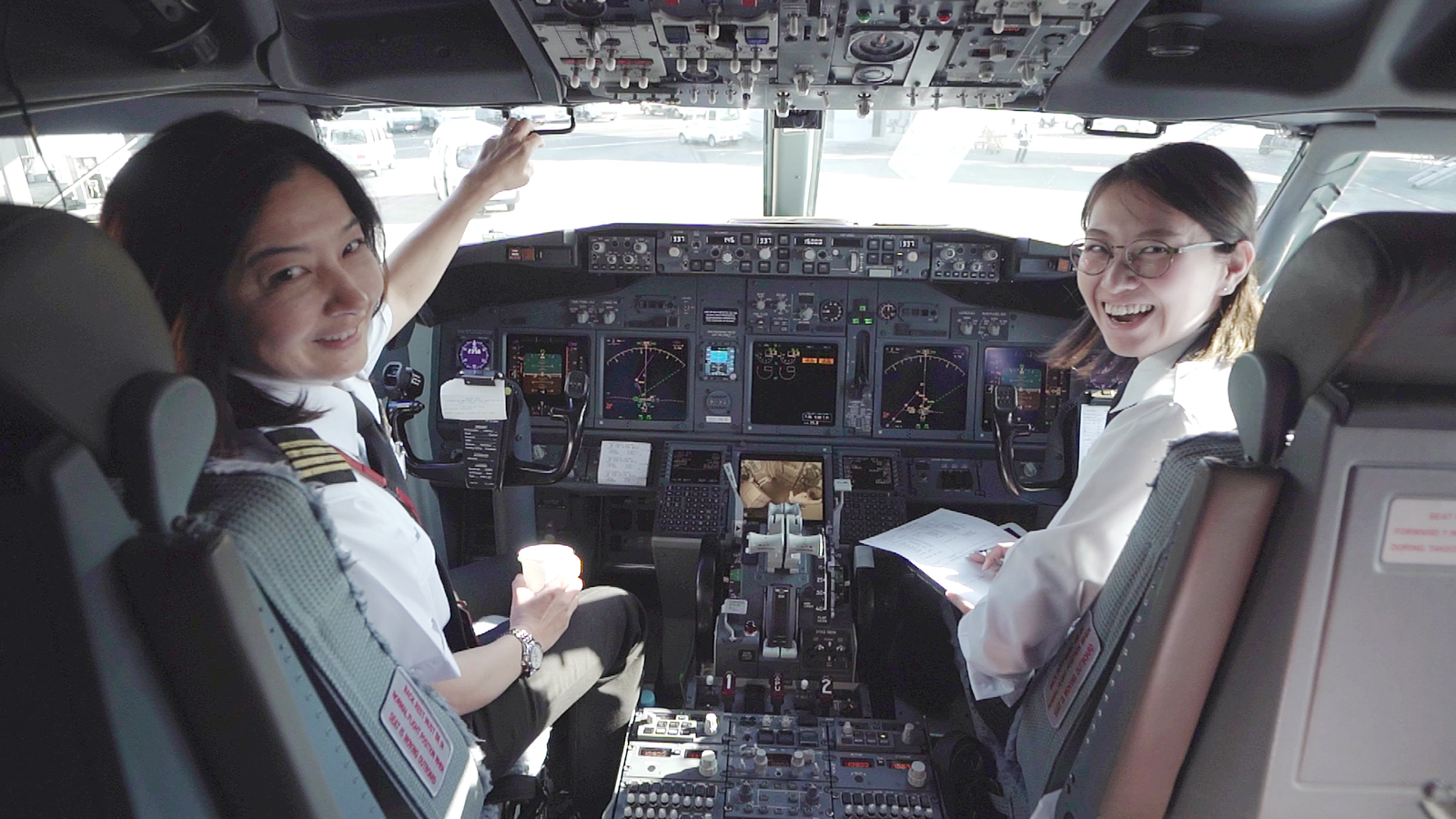
Besides being a captain, Fuji is also a pilot instructor.
Her promotion was a momentous step forward for women. Fuji says since becoming a captain, she's seen more females entering the industry as well as advance in other fields.
Outside her role as captain, Fuji is also an instructor, educating the next generation of pilots — both female and male — a job she holds with great pride.
"I'd like them to set their own lifestyles, knowing that gender is not an issue. When I became captain, several reports were released saying that I had accomplished something meaningful and it surprised me that having a female captain could be news. For me, I suppose I played a role in promoting the fact that women too, can be pilots," she says.
And, according to Fuji, Japan's Civil Aviation College also lowered their height requirement after she became captain.
"I sometimes tell people this story jokingly but I changed the rule."
Jane Sit and Yoko Wakatsuki – CNN



